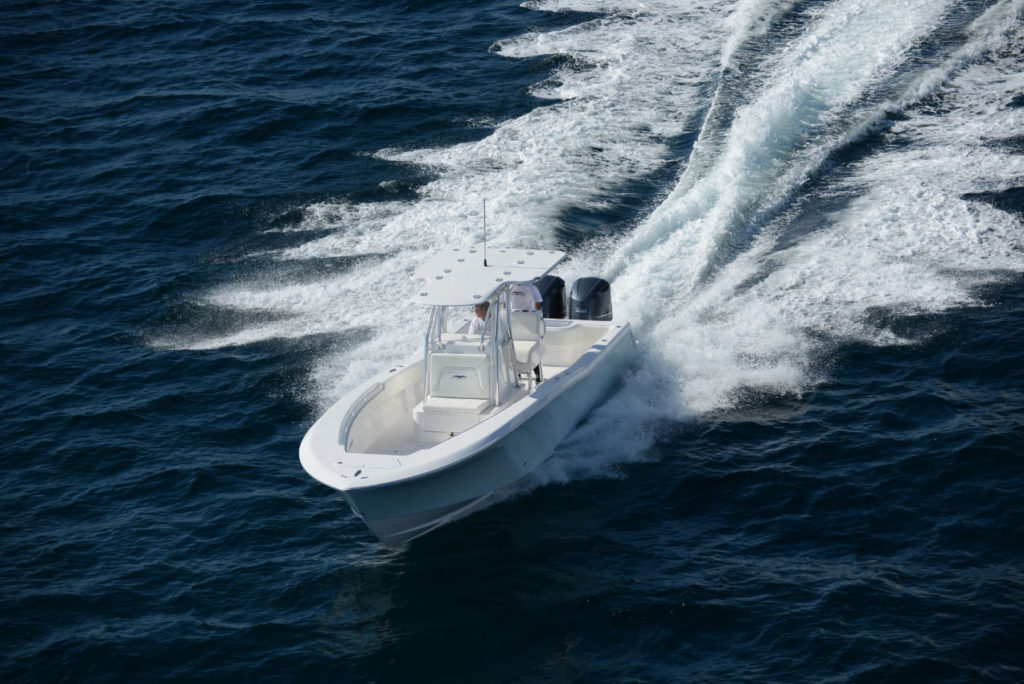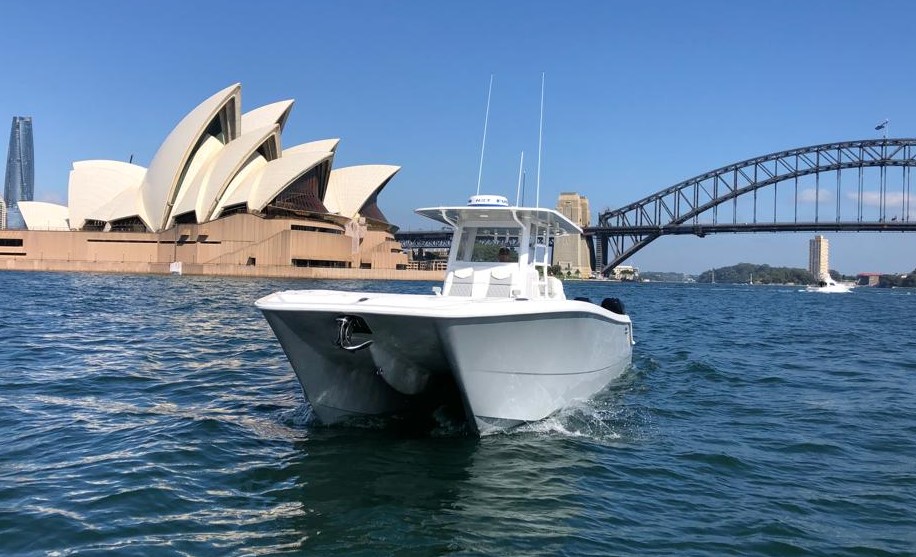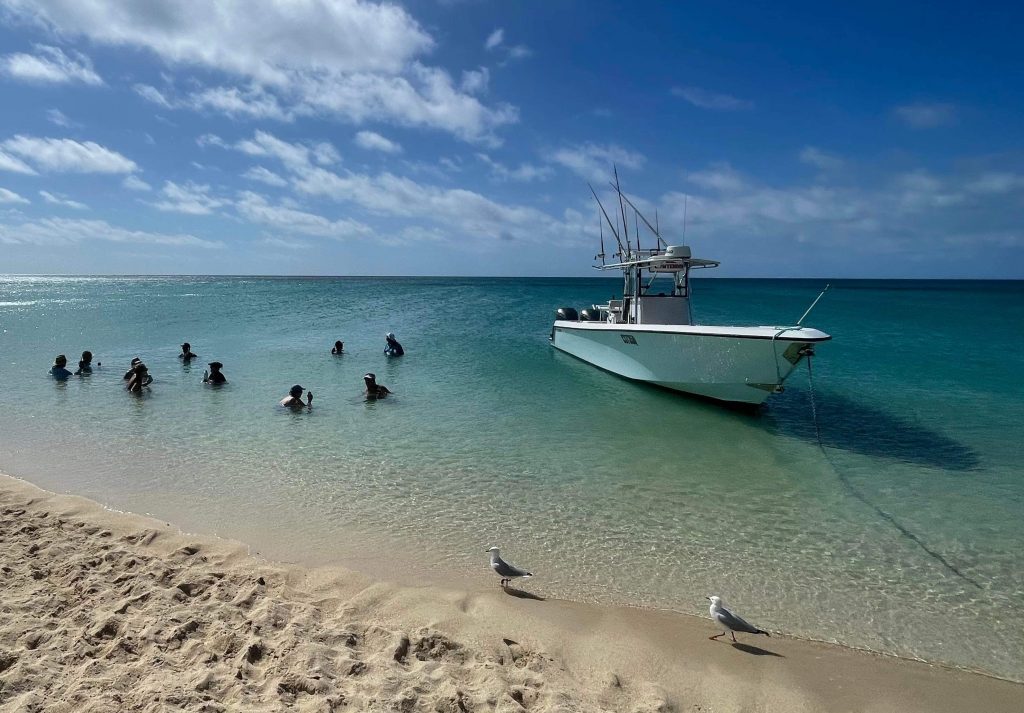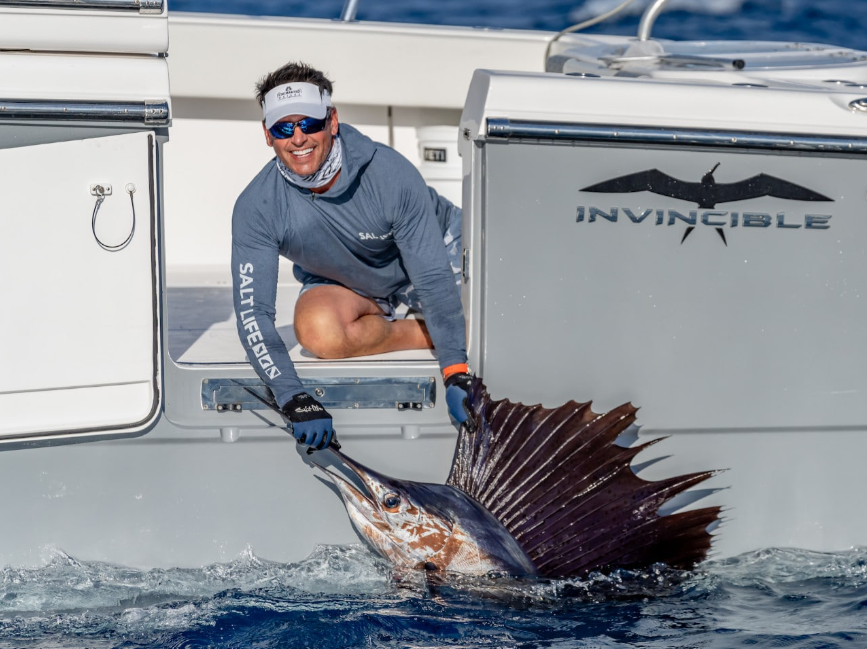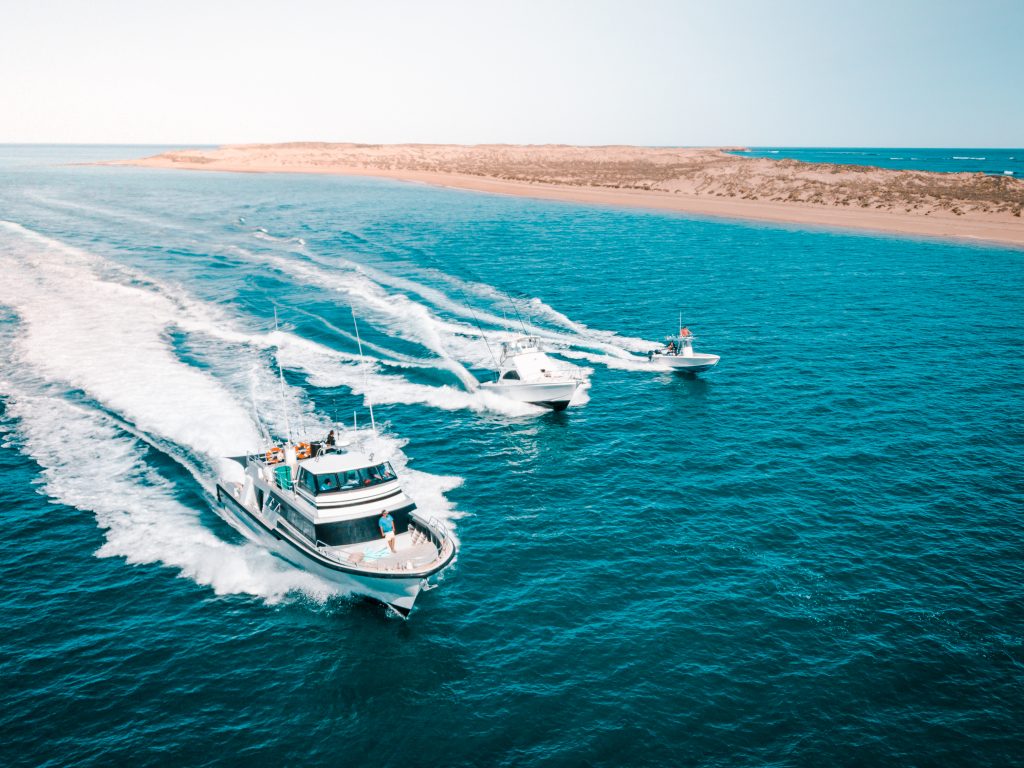Boating etiquette
Etiquette suggests the rules and behaviours expected to be followed across most aspects of everyday life. The code understood between surfers is etiquette. So is everyone’s expected behaviour at the in-law’s house for dinner. A boat is no different. Whether you are arriving to the ramp, at speed on the water, anchoring up for lunch, or pulling up to the marina, all of these situations require a shared understanding of what the appropriate rules and considerations are. But just like at your in-law’s house, etiquette means something different to different people. So, for all the people that have left us scratching our heads at the ramp or on the water, let us clarify the etiquette of boating!
On the ramp
The local boat ramp is where etiquette is generally thrown out the window. It is busy. Chaotic. And it is tense. Tips for ramp etiquette revolve around preparation and awareness. Prepare your boat for launch before you arrive at the ramp. Do not start preparing at the ramp. A little bit of organisation means a lot less stress. If you have a queue of boaters waiting behind you to launch, be as quick as you can whilst staying safe.
Not all of us have the same experience boating. If you see a novice struggling at the ramp, in our experience, it is much more efficient to offer a helping hand, than holler abuse out of the car window.
On the water
When passing a smaller boat, remember how much power your wake has. Allow plenty of room to pass and slow down to reduce the wake. If you are the boat being passed, also slowing down will reduce the wake you cop shortly after. If it is a yacht you are overtaking, overtake them from a position that will not affect the wind in their sails.
Anchoring
We are not short on space in Australia. There are enough nooks and crannies and blissful bays to accommodate all of us without being too close. Anchoring too close to another boat can give the same feeling as someone rocking up to a near empty beach and plopping their towel two metres from yours. Strange and unnecessary.
The more serious consequence of the unaware boater anchoring too close, is their failure to calculate enough swing space. Both boats need to be able to swing in the wind in any direction independently of one other. If you do not calculate this fail quick enough, the situation may become more than annoying.
Consider your fellow boaters and your surroundings. A serene, secluded bay is perhaps not the best location for a roaring disco. These soulful sounds from the speakers carry vast distances over water. A heavy majority of boaters quite enjoy the serenity and real-life nature sound track in the background.
At the marina
The marina can be stressful, even for the more experienced boater. Reducing speed is key. This gives you more time to react in case of incident and reduces your wake and impact at the marina.
Etiquette while fuelling up draws similarities with ramp etiquette. Be aware of other boaters waiting. Move your boat to a suitable dock as soon as you have finished refuelling. And if you see a novice struggling, just like at the ramp, offer a helping hand.
Boating etiquette is simply being aware of other boaters and your environment. Be patient. Use your head. Enjoy the community feeling that exists between fellow boaters and water lovers alike. There is nothing like a weekend with family and friends on a boat. Sticking by a few commonsense rules can mean everyone enjoys equally.




